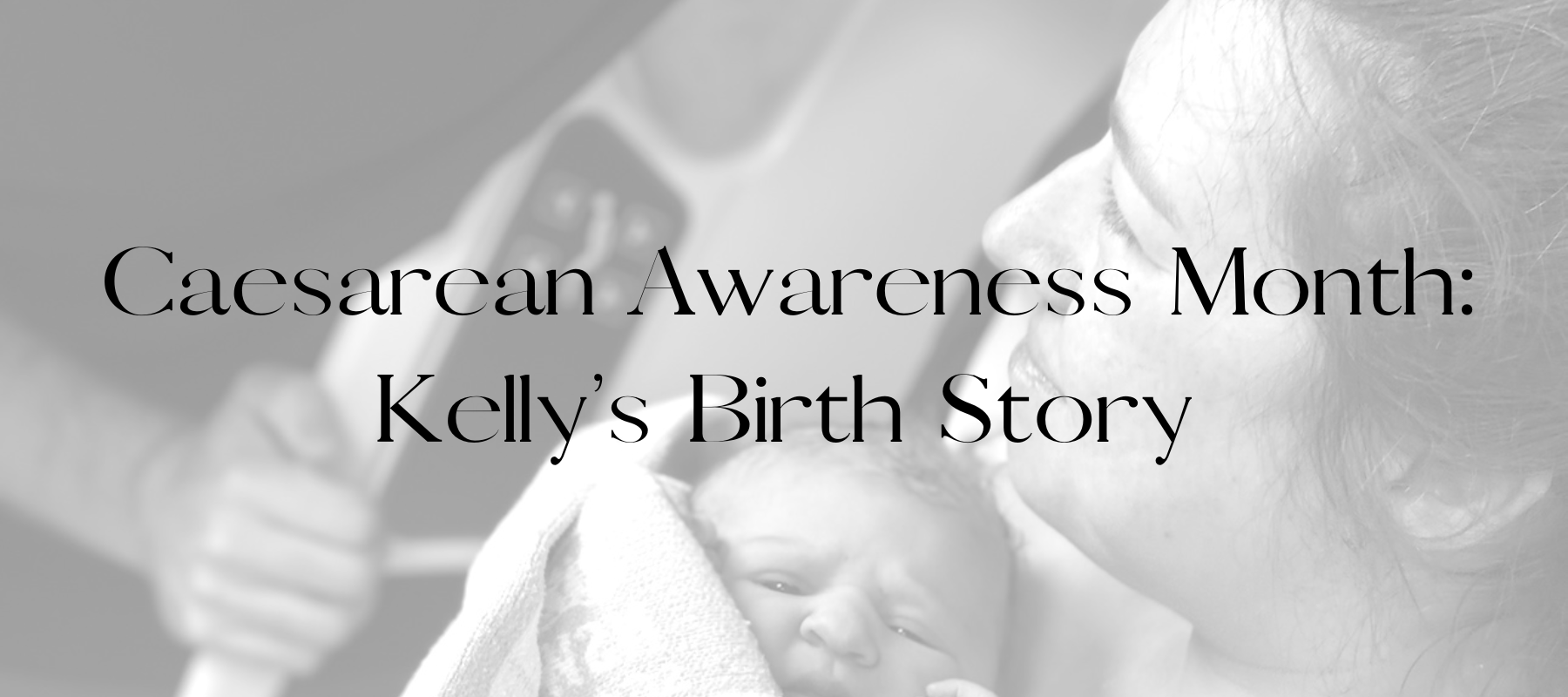Oxytocin is often referred to as the ‘love’ or ‘attachment’ hormone. This is because oxytocin is responsible for counteracting the effects of stress/anxiety while promoting feelings of love and attachment for our social partners and children.
Some interesting facts about oxytocin:
- Oxytocin helps to regulate your temperature, heartrate and blood pressure
- It stimulates its own production with oxytocin receptors all over the body
- Oxytocin is the hormone responsible to causing muscle contractions in labour
- Oxytocin helps to increase your pain threshold by promoting a calmer, more relaxed state
- It helps to control bleeding after birth and uterine recovery
- Oxytocin helps both mother & baby relax and build an emotional connection with each other
- Babies will also release high levels of oxytocin during breastfeeding and skin-to-skin contact
- Hearing a baby cry (any baby!) can cause oxytocin release in lactating mothers, sometimes triggering a let-down of milk.
- Oxytocin is contagious
- Oxytocin naturally induces sleep
- Both men and women produce oxytocin
What impact does oxytocin have on your breastfeeding journey?
Oxytocin and prolactin are two hormones which directly affect breastfeeding. Created in the hypothalamus, oxytocin functions as a neurotransmitter as well as its powerful hormonal response. When your baby spends time skin-to-skin with you or attaches to the breast, sensory impulses pass from your skin to your brain. In response to this nerve stimulus, the pituitary gland secretes prolactin and oxytocin.
In response to this oxytocin release, the muscles in the breast contract causing the let-down reflex. As you continue to breastfeed your baby, oxytocin continues to be released which ensures your baby is able to access a good breastmilk supply.
Written by Keryn Thompson, RM & IBCLC (L-301766)
References
Krol, K. and Grossmann, T., 2018. Psychological effects of breastfeeding on children and mothers. Bundesgesundheitsblatt - Gesundheitsforschung - Gesundheitsschutz, 61(8), pp.977-985.
Lara-Cinisomo, S., McKenney, K., Di Florio, A. and Meltzer-Brody, S., 2017. Associations Between Postpartum Depression, Breastfeeding, and Oxytocin Levels in Latina Mothers. Breastfeeding Medicine, 12(7), pp.436-442.
Thul, T., Corwin, E., Carlson, N., Brennan, P. and Young, L., 2020. Oxytocin and postpartum depression: A systematic review. Psychoneuroendocrinology, 120, p.104793.
UvnäsMoberg, K., Ekström-Bergström, A., Buckley, S., Massarotti, C., Pajalic, Z., Luegmair, K., Kotlowska, A., Lengler, L., Olza, I., Grylka-Baeschlin, S., Leahy-Warren, P., Hadjigeorgiu, E., Villarmea, S. and Dencker, A., 2020. Maternal plasma levels of oxytocin during breastfeeding—A systematic review. PLOS ONE, 15(8), p.e0235806.
Whitley, J., Wouk, K., Bauer, A., Grewen, K., Gottfredson, N., Meltzer-Brody, S., Propper, C., Mills-Koonce, R., Pearson, B. and Stuebe, A., 2020. Oxytocin during breastfeeding and maternal mood symptoms. Psychoneuroendocrinology, 113, p.104581.



